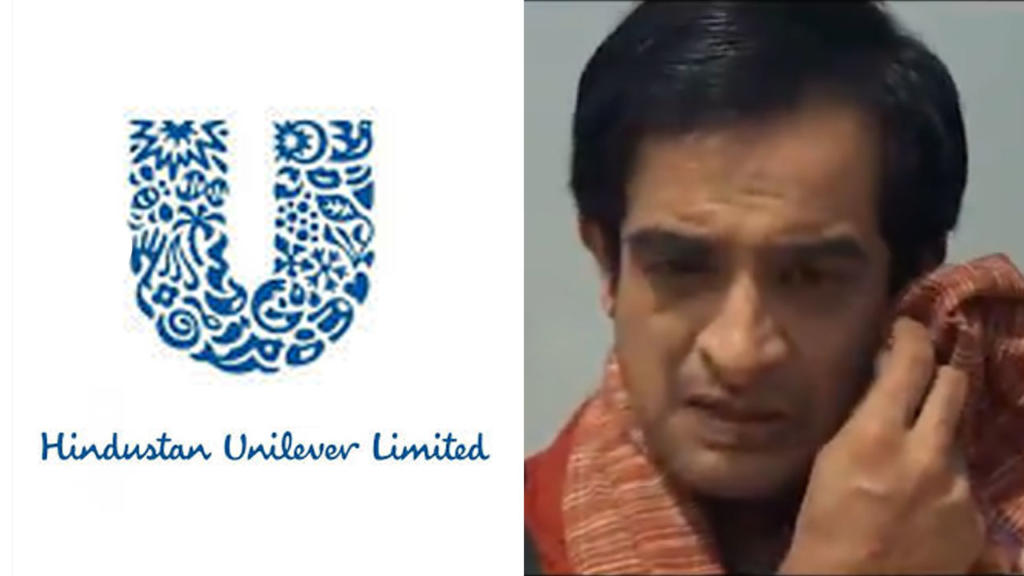Hindustan Unilever Ltd, established in 1933, is a company 14 years older than free India. An 86 year old company that sells over 35 brands in 20 categories – most of them daily essentials. It would be a rare household in India that does not or has not used an HUL product. In campuses, HUL is a coveted Day 1 recruiter attracting some of the brightest minds in India.
All of this would logically point to a company that respects its consumers. And that respect reflects in what they make, how they make it and the way they communicate. As they say though, facts are sometimes stranger than fiction.
Let’s look at the recent video ads of HUL :
Red Label Tea ad: A man takes his father to the Kumbh with the intention to abandon him. Then he sees another father and son at a tea stall. That reminds of how his father cared for him and it makes him rush back to his father.
Surf Excel ad: A girl stops playing with Holi balloons and colored water to ensure safe passage for a boy dressed in white kurta-pyjama, possibly going to a mosque for namaz.
Close Up toothpaste ad: A Hindu family is being intolerant and not allowing a woman to marry her Muslim boyfriend.
The video ads of HUL point to a disturbing pattern. They show Hindus in a negative way that is subliminal. The layer on top is a cheesy, supposedly positive emotion. Right below that is a pattern of bias. Let’s analyze them in detail to understand the concerns.
Red Label Kumbh ad – India has just finished Kumbh Mela 2019 – the largest peaceful gathering of people on the planet. 120 million devotees from across the world gathered at the Kumbh. The world is acknowledging it with respect. HUL decides to showcase it in a negative light. In the era of Aadhar card, we read of cases of mentally disabled children reuniting with their families due to Aadhar. But in the world of HUL, Hindu offspring can somehow engineer losing a parent in Kumbh. What was the point of the ad? Switch over to Red Label tea to prevent your kids from abandoning you in old age?
In the Surf Excel ad, the Hindu kids who are just being kids enjoying themselves in a harmless manner in a festival that comes once a year, are shown as the problematic, aggressive characters in a subliminal way.
For the Close Up ad – google love Jihad. Innumerable cases of Hindu women abandoned, assaulted, and even killed after marrying men belonging to a particular religion. In several cases, the man has withheld or misrepresented his religion until after the marriage. While this is (thankfully) not the fate of every such marriage, there can be no denying the existence and scale of the problem and the lives of women it has destroyed. What was the product? Toothpaste. Was this the only way they could find to market it?
HUL came under a lot of flak for the ads. Their response so far has been merely to delete some tweets and post the same video again with new tweets. If HUL was truly secular we would have seen ads around Eid or Christmas against animal murder, offering Knorr noodles as a way to satiate hunger and celebrate the festival instead. There are no such ads, not yet anyway.
मेरा MNCs से सीधा प्रश्न है कि ये बताएं इनका भारत के आर्थिक और सांस्कृतिक विकास में क्या योगदान है?
इनकी औकात क्या है? कि ये भारत की गौरवशाली संस्कृति के बारे में औछी टिप्पणी करें?
क्या इनके लिए भारत सिर्फ बस एक लूट के लिए बाजार है? #BoycottHindustanUnilever #BoycottHULproducts pic.twitter.com/10SD7XymH6— स्वामी रामदेव (@yogrishiramdev) March 8, 2019
The issue that has come to light due to these series of HUL ads merit introspection not just by HUL but by businesses in general, consumers and all stakeholders. We think we vote once in a few years. But in reality, we vote every day. Often several times a day. Every purchase we make is a vote for the kind of world we inhabit. We will create a better world when we start to vote mindfully with regard to our purchases.
